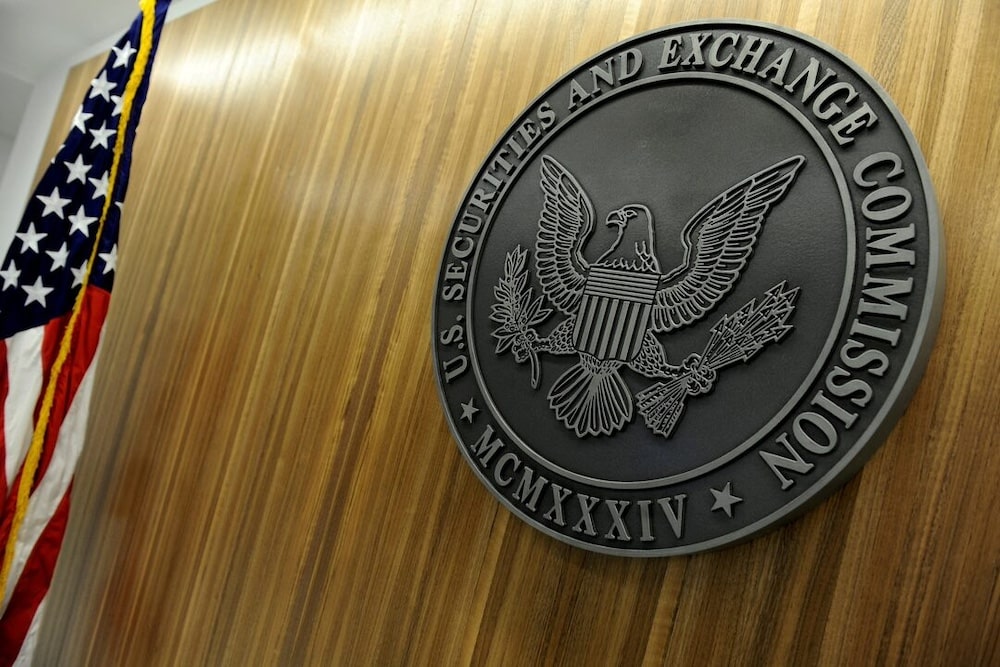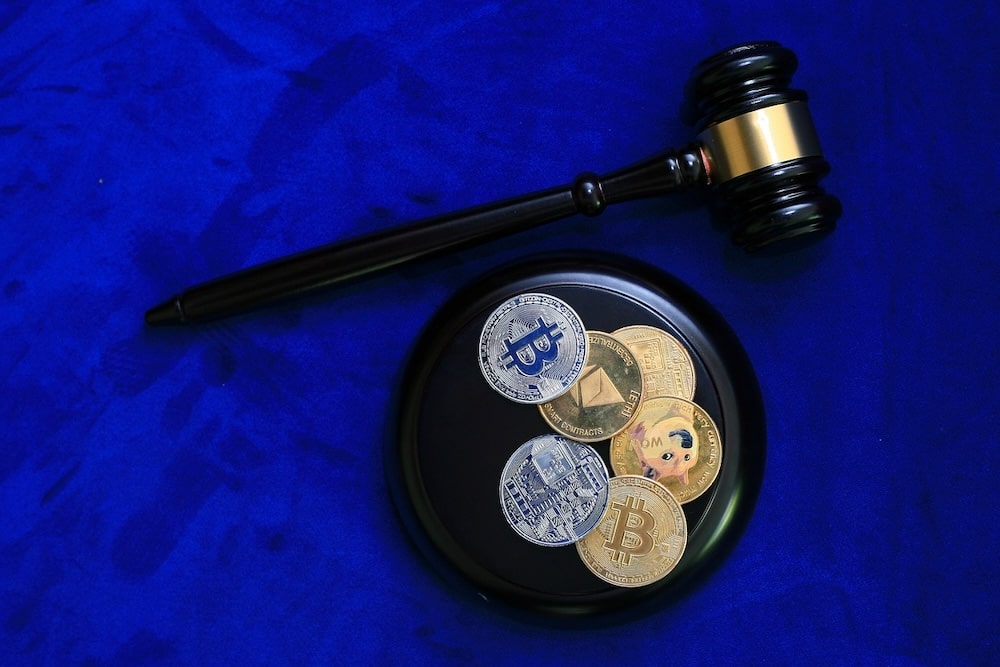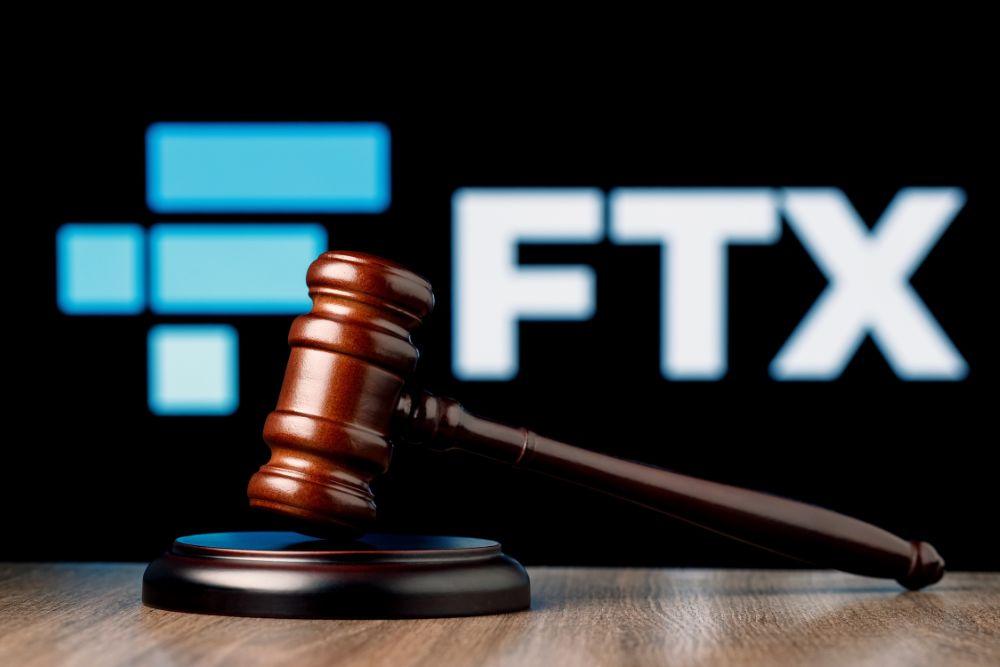SUI, the native token of the Sui blockchain, saw a dramatic surge in its price over the past week, triggering concerns about potential insider trading.
Pseudonymous crypto analyst Light noted that wallets linked to the wallet SUI initial coin offering (ICO) have allegedly sold over $400 million worth of tokens during the rally.
“insiders (including what is likely a large foundation wallet) have sold $400 million in tokens throughout this run-up, had already begun selling material amounts at much lower prices, and are even accelerating their selling at these more elevated levels,” Light said.
Can SUI Rally Continue Despite the Selling?
While the Sui token could continue in its bullish momentum, Light noted that it is unsettling that the individuals developing the Sui ecosystem, who arguably understand the token’s actual value better than anyone, are offloading hundreds of millions of dollars worth of tokens to less informed buyers driven by market hype.
“As some of us have learned, whether now or later, as with most of these games where retail buys from insiders, there is only one ending,” the crypto analyst said.
Insiders can heavily influence their price when controlling a large portion of a crypto circulating supply. If these holders sell large amounts, it can create downward pressure on the token’s value.
Can the Sui Network Meet the Expectations?
Analysts also believe the Sui Network could potentially be a significant competitor to Solana and rise as a top Layer-1 blockchain due to 50% of the SUI supply, which is locked until 2030 and unallocated, unlike SOL, which is inflationary.
The analyst further noted that Sui Network on-chain TVL has been exploding and is on track to overtake Solana TVL sooner than most think.
Meanwhile, the recent surge in the price of SUI underscores upward momentum. At the time of writing, SUI has risen by over 1.85% to $2.24 in the last 24 hours, boosting its market capitalization to over $6.1 billion with daily trading volumes exceeding $727 million. The asset is up over 15% in the past week.









